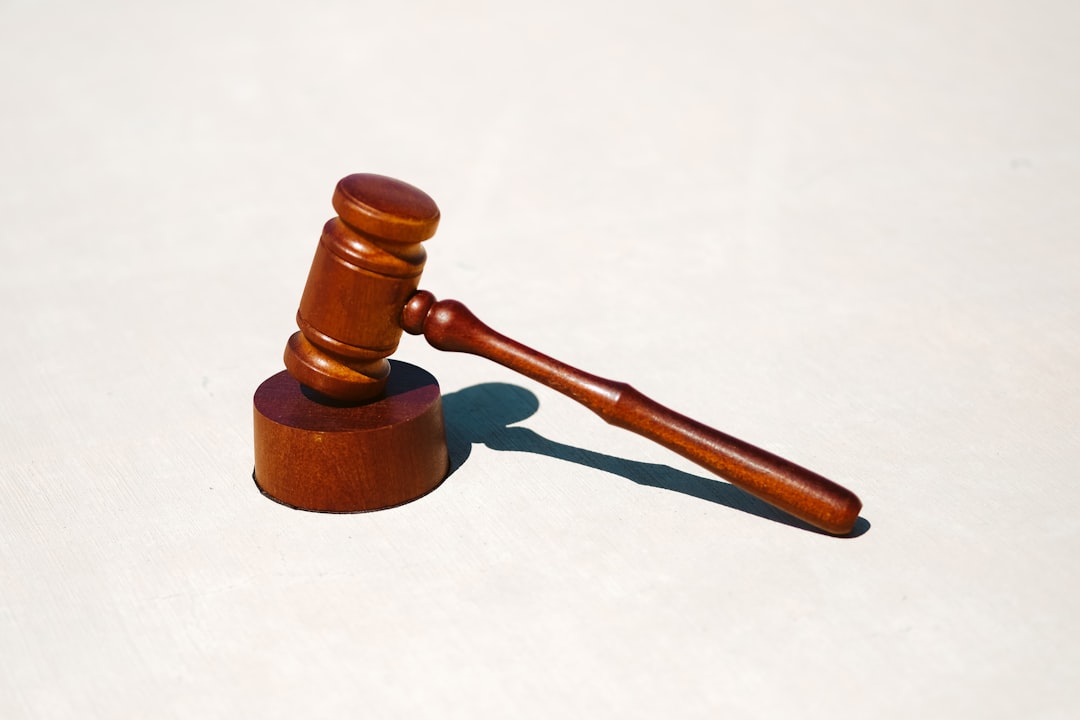North Dakota's debt collector laws strictly regulate debt collection practices, prioritizing consumer protection from aggressive tactics under the Fair Debt Collection Practices Act (FDCPA). These laws govern communication, information disclosure, and account handling, empowering debtors to dispute debts within 30 days, demand verification, and protect their privacy. Legal action starts with a court complaint, followed by formal notice to the debtor, who can respond via an answer or dispute; alternative methods like mediation or arbitration are common. Debtors should avoid ignoring notices, responding late, or providing false information to ensure compliance with ND debt collector laws and favorable outcomes.
In the ever-evolving landscape of consumer finance, understanding local debt collector laws is paramount. This article delves into the intricacies of the debt collection process in North Dakota, shedding light on both the rights of consumers and the legal framework governing collectors. From recognizing your rights to navigating the steps involved in a debt collection action, this guide equips you with knowledge to protect against unfair practices. Learn how to avoid common mistakes and ensure compliance with North Dakota’s debt collector laws.
Understanding Debt Collector Laws in North Dakota

In North Dakota, the collection of debts is governed by state laws that protect both debtors and creditors. Understanding these debt collector laws is crucial for anyone facing debt collection efforts. The North Dakota laws outline clear guidelines on how debt collectors can conduct themselves, ensuring fair practices while attempting to recover outstanding debts. These regulations are designed to prevent aggressive or misleading tactics often associated with debt collection.
Debt collectors in ND must adhere to strict rules regarding communication, disclosure of information, and the overall handling of accounts. They are prohibited from using abusive, threatening, or false language when contacting debtors. Additionally, they are required to provide written notice detailing the amount owed and the options available for dispute resolution, ensuring transparency throughout the process.
The Legal Framework for Debt Collection in ND

North Dakota has established a robust legal framework to regulate and oversee the practices of debt collectors within its borders. The state’s laws are designed to protect consumers from aggressive or unfair collection tactics, ensuring a balanced approach to debt recovery. The North Dakota Debt Collector Laws are primarily governed by the Fair Debt Collection Practices Act (FDCPA), which sets forth strict guidelines for collection agencies operating in the state.
These laws mandate that debt collectors adhere to ethical and transparent practices when communicating with debtors. They restrict the hours during which collectors can contact individuals, require valid proof of the debt, and prohibit false or misleading representations. Additionally, ND debt collector laws offer consumers the right to dispute the debt and request validation from the collector, empowering them to ensure accuracy in the collection process.
Rights of Consumers in North Dakota

In North Dakota, consumers have specific rights when it comes to debt collection practices. The state’s debt collector laws are designed to protect individuals from unfair or abusive tactics and ensure a balanced approach to debt recovery. According to the ND Debt Collection Laws, debt collectors must adhere to strict guidelines, including providing proper notice, verifying the debt, and respecting consumer privacy. Consumers have the right to dispute the validity of a debt within 30 days of receiving a collection notice, demanding verification, and requesting validation from the collector.
These laws empower North Dakota residents to stand up for their rights and ensure that debt collectors treat them fairly. Understanding these regulations is crucial for consumers to navigate the process effectively. By knowing their rights, individuals can assert themselves, challenge inaccurate claims, and maintain control over how their personal information is handled during the debt collection process.
Steps Involved in a Debt Collection Action

When a debt collector initiates a legal action in North Dakota, it follows a structured process to ensure fairness and adherence to state laws (debt collector Laws ND). The journey begins with the creditor or debt collector submitting a complaint to the appropriate court, detailing the amount owed and reasons for collection. This document is then served to the debtor, providing them with formal notice of the pending action.
The debtor has a set period to respond, often involving filing an answer in court, disputing the claim if necessary. If no response is given, a default judgment may be entered against the debtor. However, if both parties cooperate, they might opt for alternative dispute resolution methods like mediation or arbitration, which can lead to a mutually agreeable solution outside of a formal trial.
Common Mistakes Debtors Make and How to Avoid Them

Debtors often find themselves in a precarious position when dealing with debt collectors, and their actions can significantly impact the outcome of legal proceedings. Common mistakes include failing to acknowledge or respond to collection notices promptly. According to North Dakota debt collector laws, debtors have specific rights and responsibilities, and ignoring communication from collectors may lead to adverse judgments. A simple solution is to maintain a record of all communications, including letters and phone calls, and respond within the prescribed time frames.
Another blunder is providing false or incomplete information when contacted by a debt collector. Debtors might try to mislead collectors about their financial status or the validity of the debt, but this strategy rarely works in their favor. Transparency is key; debtors should accurately disclose their financial situation and any relevant details about the debt. This approach fosters trust and may lead to more favorable negotiations, ensuring compliance with ND debt collector laws.






